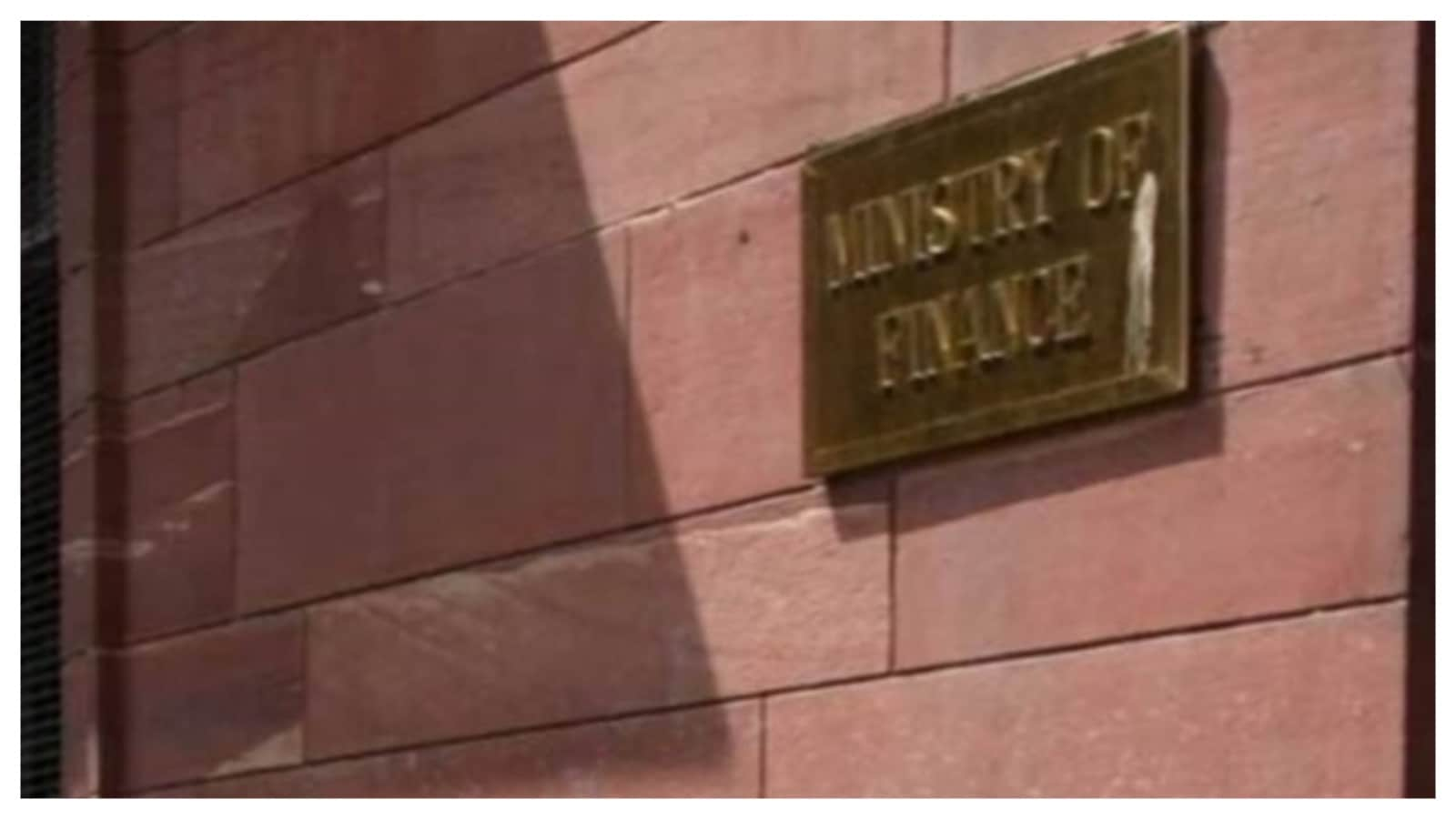India's Economy Faces Headwinds: Finance Ministry Warns of Oil Price Risks

Canberra, Australia – The Indian economy is navigating a period of both opportunity and uncertainty, according to the latest monthly economic review released by the Ministry of Finance. While India's growth story remains largely positive, the Ministry has cautioned that the recent Israel-Iran conflict and its impact on global crude oil prices posed a significant threat to the nation's economic trajectory.
The report, published on Friday, highlights the potential damage higher oil prices could have inflicted on India's growth and fiscal outlook for the current financial year. Had crude oil prices remained elevated due to the ongoing geopolitical tensions, the Ministry warned that it would have “threatened” the country’s economic progress. Fortunately, a stabilisation in oil prices has provided some relief, allowing India to avoid the worst-case scenario.
Understanding the Risks: Why Oil Prices Matter
India is a major importer of crude oil, making it highly vulnerable to fluctuations in global oil markets. Rising oil prices directly impact several key areas of the Indian economy:
- Inflation: Higher oil prices translate to increased transportation costs, impacting the prices of goods and services across the board, thus fueling inflation.
- Fiscal Deficit: A significant portion of India's government revenue is allocated to subsidised fuel. Increased oil prices necessitate higher subsidies, widening the fiscal deficit.
- Current Account Deficit: Increased import bills due to higher oil prices put pressure on India’s current account balance, potentially weakening the rupee.
- Economic Growth: Higher inflation and a weaker rupee can dampen consumer spending and business investment, ultimately hindering economic growth.
A Stabilising Factor: Recent Oil Price Trends
The Ministry’s report notes a positive development: a recent stabilisation in global oil prices. This has eased some of the immediate pressure on the Indian economy. However, the Ministry remains vigilant, acknowledging that geopolitical risks remain and could resurface at any time.
Looking Ahead: Resilience and Policy Responses
Despite the challenges, India's economy has demonstrated remarkable resilience in recent years. The government has implemented various measures to mitigate the impact of external shocks, including:
- Strategic Petroleum Reserves: India maintains strategic petroleum reserves to buffer against supply disruptions.
- Fuel Subsidies: While targeted, subsidies are provided to protect vulnerable populations from the brunt of price increases.
- Promoting Energy Efficiency: Initiatives to promote energy efficiency and renewable energy sources aim to reduce India’s dependence on imported oil.
The Ministry of Finance remains cautiously optimistic about India's economic prospects, but emphasizes the need for continued vigilance and proactive policy responses to navigate the evolving global landscape. Maintaining stable oil prices and fostering a conducive investment climate will be crucial for sustaining India’s growth momentum.
Disclaimer: This report reflects the views of the Ministry of Finance and is based on available data as of the date of publication. Economic conditions are subject to change.






